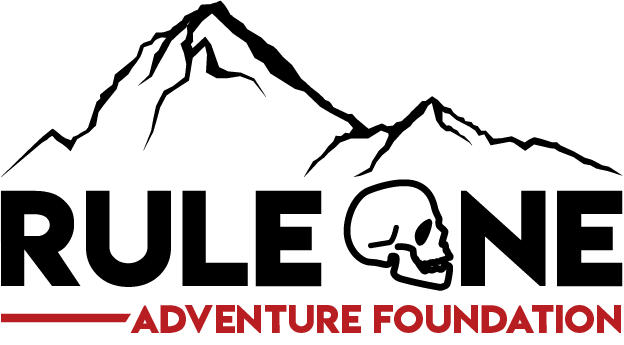Hiking essentials
September 01, 2019
Hiking Essentials: Part 1
I am just getting started. What should I bring?
Start from the ground up. You need to answer a few questions of your own before you can begin. What terrain am I walking on? What is the weather going to be like? How long is the trail? What elevation am I facing?
Shoes:
Start literally from the ground up.
There are hundreds of hiking shoe options out there. You need one that works for you. Your feet will carry you every single step of the way. Comfort, support and durability are key. Hiking shoes; hiking boots; trail runners all have a different components and are used for different things. To keep it simple, we will go with best all-around types for everyday hikes.
Outsoles. From the bottom, the first important factor in a good shoe is the outsole. Hard, durable rubber is important...so is flexibility and weight. A good tread pattern(also called Lug pattern), is essential for rough/loose terrain. Look for an aggressive tread pattern that will give you the best traction for the terrain and will shed mud and debris easily.
Insole. The insole needs to be comfortable and supportive. You don’t want to be sore and hurting and dragging behind your group. Your feet will tire fast. A good insole will keep the bottom of your feet from rubbing and will form to your foot. If you wear orthotic inserts, bring them when you try on shoes.
Ankle support. Low-cut hiking shoes (vs. boots) are great for short hikes. They are much lighter-weight but come at a cost for support. Lots of large rocks and debris increase your chance of a rolled ankle. Mid-cut and high-cut are better for long distance, heavier loads, and rockier terrain. Bottom line, low-cut for short hikes, mid and high-cut for longer hikes.
Exterior. Breathable and durable. Leather is very durable and water resistant, but on the downside, heavy and harder to break-in. Synthetic blends will always be lighter-weight, easier to break-in and cost less, but the trade-off is durability. Our favorite is Nubuck leather. Provides great durability and water resistance. Nubuck leather has been buffed so that it resists wear and water.
Do I need Gore-tex? Yes and no. It depends on the location of your hike and your tolerance for hot feet. Gore-tex provides excellent water-resistance, but does not breath as well and can make your feet sweat in hotter climates. Gore-tex is expensive, but can you put a price on keeping your feet dry?
Overall Weight. Heavy shoes mean tired legs. Get something lightweight that won’t make your legs tired after a mile. Remember, you sacrifice stability when you get to lighter weight shoes...there is always a trade-off. If you are planning on very rough terrain, you may have to bite the bullet and go with heavier, more supportive boots.
Cost. Buy once, cry once. Quality is not cheap, but you don't have to spend a fortune on good boots. Look for sales on past season styles or even lightly used boots. Investing in a good pair of boots that will last several years will be cheaper in the long run, and your feet will thank you.
Fit. Last, but, most importantly, you need a shoe that fits YOUR foot. You can take all the shoe advice in the world, but your foot is not the same as someone else’s. Different brands fit differently and sizes are not uniform across brands. A shoe that is comfortable to you and fits your foot properly, is paramount. Go get sized by a professional; its free.
What we wear:
Short/day hikes: Salomon X-Ultra 3 GTX and Merrell Moab 2
Long/multi-day hikes: Salomon Quest 4D 3 GTX, La Sportiva Nucleo High GTX and Lowa Renegade GTX Mid
Winter/mountaineering: Scarpa Charmoz
Socks:
We won't spend much time on this. The answer is wool-blend socks. Merino wool and nylon. There are several brands that make a good sock. A good medium to heavy weight wool-blend sock is good for all-around hiking.
What we wear:
Short/day hikes: Smartwool Men's Hike Medium crew sock
Long/multi-day hikes: Smartwool Trekking Heavy crew socks
Winter/mountaineering: Smartwool Men's Mountaineering Extra Heavy crew socks
Bottom Line:
We spent most of this article on shoes/boots, because good shoes will make or break you on any hike. What is hiking? At its base level, it is your feet carrying you over the ground. You must start by taking care of your feet, because without them, hiking is much harder.
Sign up to get the latest on sales, new releases and more…

